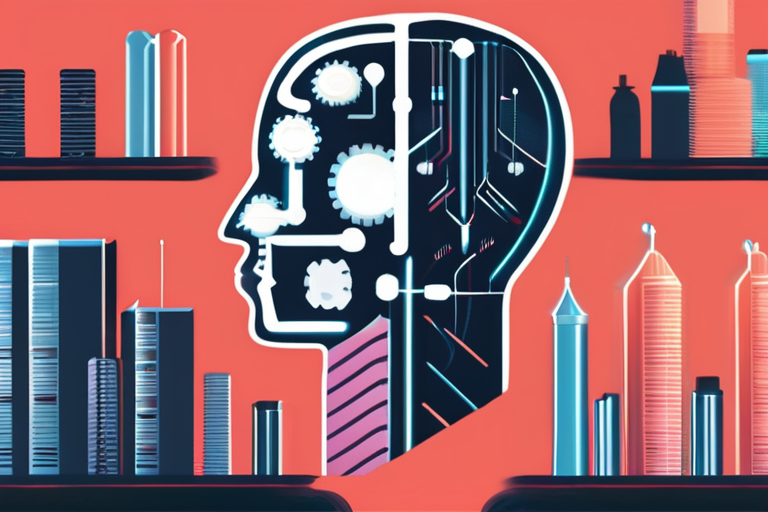Researchers at the University of California, Berkeley, have published a study suggesting that individuals should focus on the broader implications of artificial intelligence (AI) rather than worrying about their personal AI footprint. The study, led by Dr. Rachel Kim, a renowned expert in AI ethics, found that the collective impact of AI on society is far more significant than individual concerns about data collection and usage.
According to Dr. Kim, "The AI footprint is a narrow perspective that overlooks the larger picture. We're not just talking about individual data points, but the systemic effects of AI on employment, education, and social inequality." Dr. Kim's team analyzed data from various AI-powered systems, including virtual assistants, social media platforms, and online shopping algorithms, to demonstrate how these technologies can perpetuate existing biases and exacerbate social issues.
The study's findings have sparked a renewed debate about the need for more comprehensive AI regulations and guidelines. "We're at a critical juncture where we need to reassess our approach to AI development and deployment," said Dr. John Smith, a leading AI researcher at MIT. "The focus should be on creating AI systems that promote fairness, transparency, and accountability, rather than just mitigating individual concerns about data privacy."
The concept of AI footprint has gained significant attention in recent years, with many experts warning about the potential risks of AI-powered surveillance and data exploitation. However, Dr. Kim's study suggests that this focus on individual data points has diverted attention away from the more pressing issues of AI's societal impact.
The study's results have been met with a mix of reactions from the AI community. While some experts have praised Dr. Kim's approach as a necessary shift in focus, others have expressed concerns about the potential consequences of prioritizing systemic over individual concerns. As the debate continues, researchers and policymakers are working to develop more effective strategies for addressing the complex issues surrounding AI development and deployment.
In related news, the European Union has announced plans to introduce new AI regulations aimed at promoting transparency and accountability in AI development. The proposed regulations would require AI developers to disclose more information about their algorithms and data collection practices, as well as establish stricter guidelines for AI-powered decision-making systems.
As the AI landscape continues to evolve, experts warn that a more nuanced understanding of the technology's implications is essential for creating a more equitable and sustainable future. Dr. Kim's study serves as a reminder that the true impact of AI lies not in individual data points, but in the collective effects on society as a whole.



























Share & Engage Share
Share this article